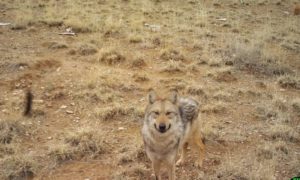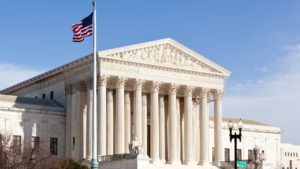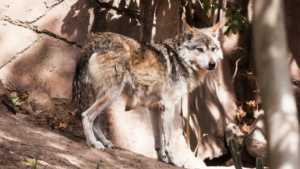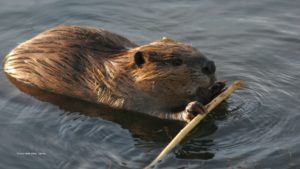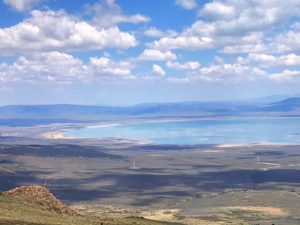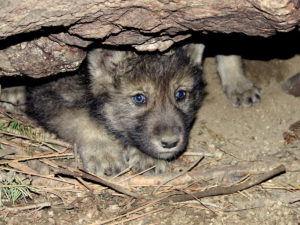For Immediate Release November 11, 2022
Contact:
Adam Bronstein, Western Watersheds Project, 541-595-8034, adam@westernwatersheds.org
BURNS, Ore. — The Bureau of Land Management reissued an Environmental Assessment for a new Allotment Management Plan and recently released a Proposed Decision that could authorize expanded livestock grazing and the drilling of new wells for livestock in the Alvord Desert, months after vacating and remanding an earlier Decision challenged by Western Watersheds Project in the Bureau’s Hearings Division. The Alvord is a popular destination for recreationists and an area sacred to the Burns-Paiute Tribe at the base of Steens Mountain in southeastern Oregon.
The Allotment Management Plan, if implemented, would increase cattle stocking rates, authorize the drilling of seven new wells, increase grazing pressure inside Wilderness Study Areas, further imperil sage grouse, and allow cattle continued access to damage streams that contain Lahontan cutthroat trout, a federally threatened species protected under the Endangered Species Act.
“The Bureau of Land Management seems gung ho to put more cows out on our beloved Alvord Desert and Steens Mountain, further jeopardizing sensitive wildlife, ecosystems, and the recreating public,” said Adam Bronstein, Oregon/Nevada Director for Western Watersheds Project. “The Bureau has the discretion to discontinue grazing where other competing uses should take priority. I cannot think of a more appropriate place to use this discretion than here in the Alvord.”
The presence of cattle on public lands creates a significant human health hazard by contaminating drinking water, defecating in recreational areas and barbed-wire fencing injuring people and pets. Cattle degrade natural ecosystems and wildlife resources that provide opportunities for hunters and angler, wildlife watchers, hikers, campers and those seeking spiritual reprieve in the wild. According to the Bureau, the Alvord saw recreational visitation spike 3-4 times in 2020-21, quantifying the growing popularity of the area and raising concerns about the area’s future grazing management and growing user conflict.
“On behalf of the public, the Bureau needs to do the right thing and discontinue grazing in the Alvord,” said Bronstein. “There is a growing perception that the Bureau only works to promote and expand livestock interests above all other uses. I would like to remind the Bureau that they also have an obligation to take care of the environment, prioritize the public interest, and protect our natural heritage.”
Western Watersheds Project has challenged the Proposed Decision by filing a formal protest with the Bureau and plans to appeal the Final Decision when it is released.
####

